The world must be made safe for democracy
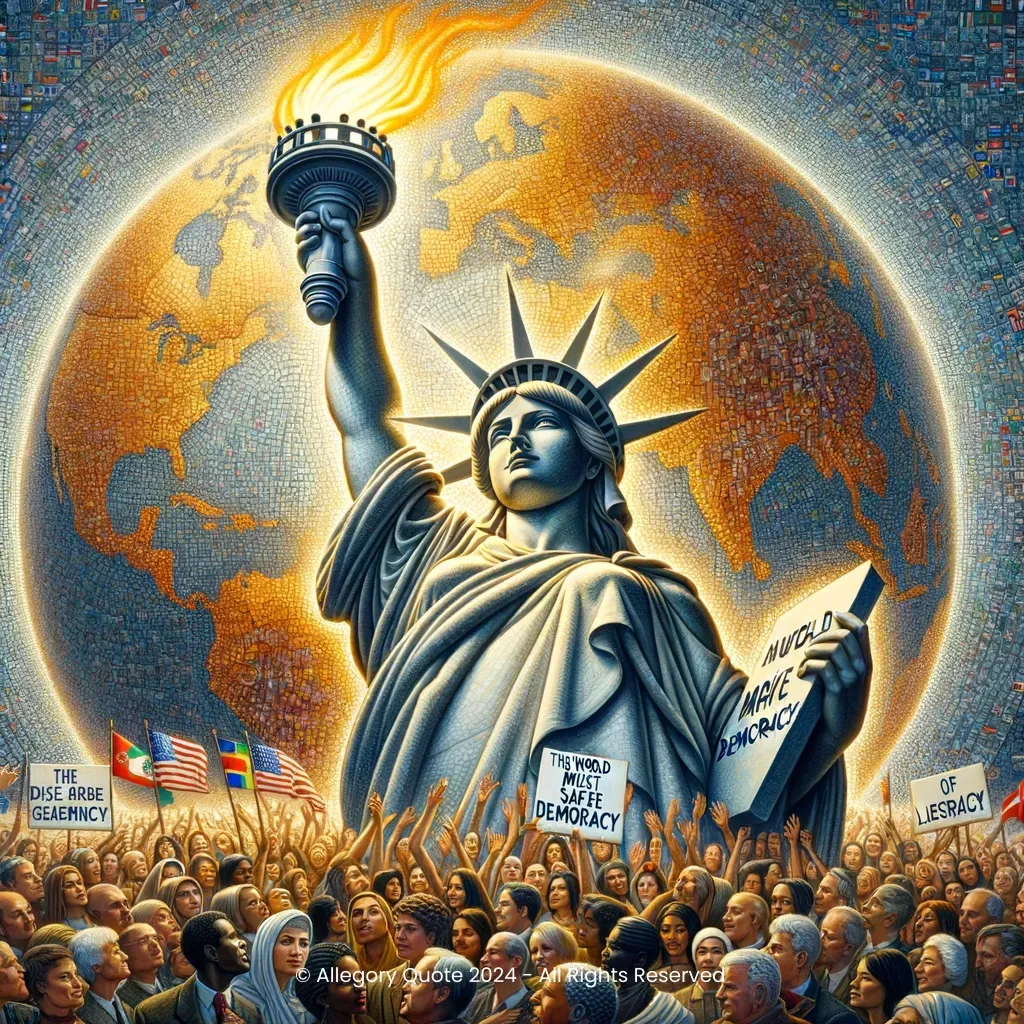
0
0
0
0
- Meaning
- At its core, the phrase "The world must be made safe for democracy" reflects a profound commitment to safeguarding democratic values and ensuring that they prevail globally. It suggests that democracy, characterized by fair governance and the protection of human rights, is inherently vulnerable to threats from authoritarian regimes and that global stability can only be achieved if democratic principles are upheld and promoted worldwide.
- Allegory
- In the image, Lady Liberty symbolizes the enduring spirit of democracy and freedom, her torch a beacon of light against darkness. The diverse group of people around her signifies global unity and the shared commitment to protecting democratic values. The various flags and emblems in the backdrop represent the triumph of democracy in different nations, highlighting an interconnected world working together for peace and justice. By emphasizing empowerment and unity without depicting war, the image conveys hope and the positive impact of democracy on global stability.
- Applicability
- This phrase can be applied to personal life as a reminder of the importance of standing up for fairness, justice, and the rights of others. On a broader scale, it can inspire individuals and societies to actively support democratic processes, advocate for human rights, and participate in civic duties to maintain and enhance democratic institutions.
- Impact
- This phrase has had a profound impact on global politics and American foreign policy. It became a rallying cry for the U.S. involvement in World War I and later influenced the formation of international bodies like the League of Nations and the United Nations. The phrase underscores the belief that democracy should be protected and promoted worldwide, a notion that has continued to shape international relations and efforts toward global peace and stability.
- Historical Context
- Woodrow Wilson delivered this phrase during his speech to Congress on April 2, 1917, when he sought approval for the United States to enter World War I. This period was marked by significant geopolitical changes, widespread conflict, and a strong push for nations to articulate their stances on democracy versus autocracy. Wilson's plea was grounded in the context of rising threats from undemocratic powers, particularly in Europe, and the desire to ensure a future world order based on democratic principles.
- Criticisms
- Critics argue that the phrase can be perceived as a justification for interventionist policies, often leading to prolonged conflicts and unintended consequences. Some view it as a form of American exceptionalism, where the U.S. assumes the role of a global enforcer of democracy, sometimes disregarding the complexities and sovereignty of other nations. These criticisms highlight the ethical and practical challenges of imposing democratic ideals on diverse political landscapes.
- Variations
- Various cultures and nations have echoed this sentiment, adapting it to their specific contexts. For instance, in anti-colonial movements, leaders often emphasized the need to secure democratic governance as part of their struggle for self-determination and freedom from colonial rule. Different interpretations may focus on local governance principles or the balance between cultural identity and democratic ideals.
-
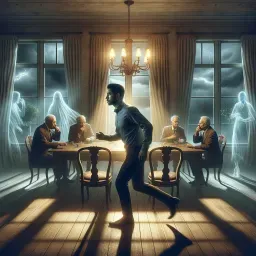
I have no trouble with my enemies. I can take care of my enemies all right. But my damn friends, they're the ones that keep me walking the floor nights!".
-

Politics, when I am in it, it makes me sick.
-
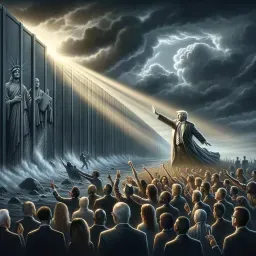
Mr. Gorbachev, tear down this wall!
-
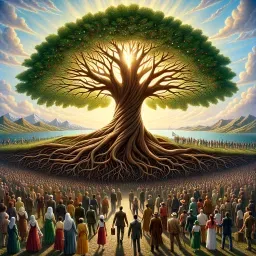
I contend that the strongest of all governments is that which is most free.
-
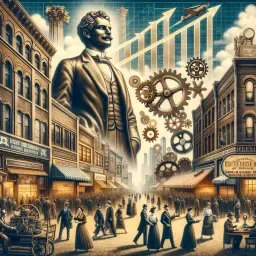
The business of America is business.
-
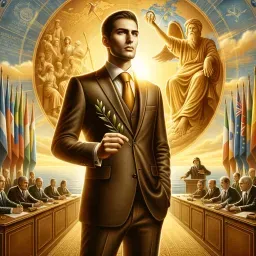
Speak softly and carry a big stick; you will go far.
-
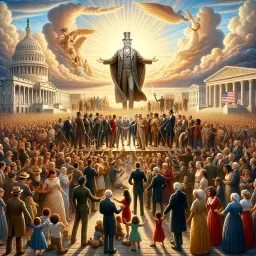
Government of the people, by the people, for the people.
-
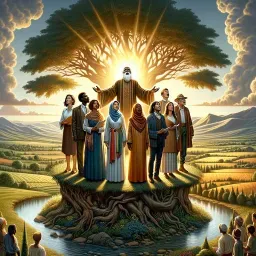
Vox populi, vox Dei.
-
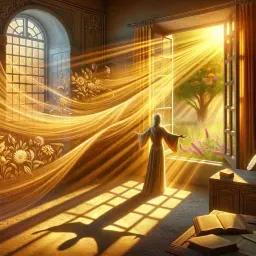
Freedom is the open window through which pours the sunlight of the human spirit and human dignity.
-
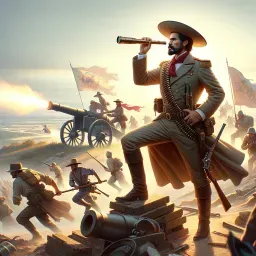
The art of war is simple enough. Find out where your enemy is. Get at him as soon as you can. Strike him as hard as you can, and keep moving on.
No Comments